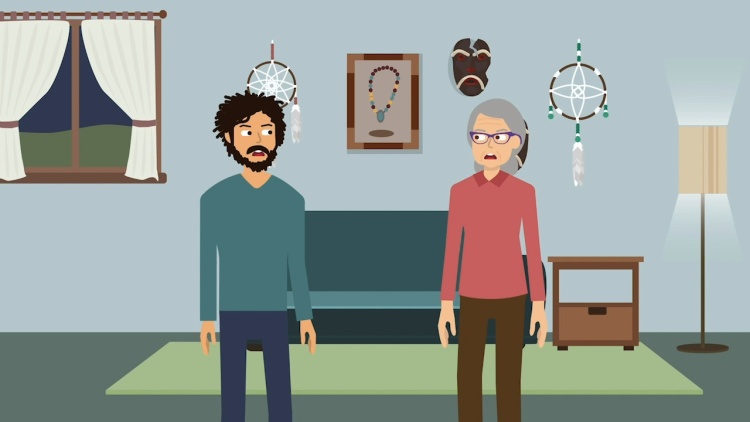United States v. Corrow
United States Court of Appeals for the Tenth Circuit
119 F.3d 796 (1997)
- Written by Melanie Moultry, JD
Facts
Ray Winnie, a Navajo religious singer, participated in religious ceremonies while wearing ceremonial masks. Following Ray Winnie’s death, Richard Corrow (defendant), the owner of a cultural artifacts store, purchased the masks for $10,000 from Winnie’s widow, Fannie. Corrow suggested to Fannie that he would keep the masks sacred by delivering them to a Navajo chanter. Corrow then attempted to sell the masks for $70,000 to an undercover agent posing as a private buyer. The United States government (plaintiff) charged Corrow with illegally trafficking in Native American cultural items and selling protected feathers. Laws at issue included 18 U.S.C. § 1170 and the Native American Grave Protection and Repatriation Act (NAGPRA). Title 18 U.S.C. § 1170(b) penalizes the knowing sale or purchase for profit of a cultural item obtained in violation of NAGPRA. Section 3001(3) of NAGPRA defines “cultural item” as “cultural patrimony,” meaning in part an object that was not owned by an individual Native American and could not be alienated, appropriated, or conveyed by an individual. During trial, cultural experts presented differing testimony about the alienability of the masks. However, no expert testified that it was acceptable to sell the masks to non-Navajos who would resell them for profit. All experts testified that the masks resided within the tribe’s four sacred mountains. The district court found that Corrow was knowledgeable about Native traditions and culture because of Corrow’s representation to Fannie that he would deliver the masks to a chanter and because of testimony from an expert who stated that she had reminded Corrow of NAGPRA and the Navajo Nation’s procedures to return cultural items. A jury convicted Corrow of trafficking and possession of protected feathers. On appeal, Corrow claimed that the definition of “cultural patrimony” was unconstitutionally void for vagueness, because it did not provide fair notice about what conduct was prohibited and did not list examples of cultural items.
Rule of Law
Issue
Holding and Reasoning (Porfilio, J.)
What to do next…
Here's why 907,000 law students have relied on our case briefs:
- Written by law professors and practitioners, not other law students. 47,100 briefs, keyed to 996 casebooks. Top-notch customer support.
- The right amount of information, includes the facts, issues, rule of law, holding and reasoning, and any concurrences and dissents.
- Access in your classes, works on your mobile and tablet. Massive library of related video lessons and high quality multiple-choice questions.
- Easy to use, uniform format for every case brief. Written in plain English, not in legalese. Our briefs summarize and simplify; they don’t just repeat the court’s language.





